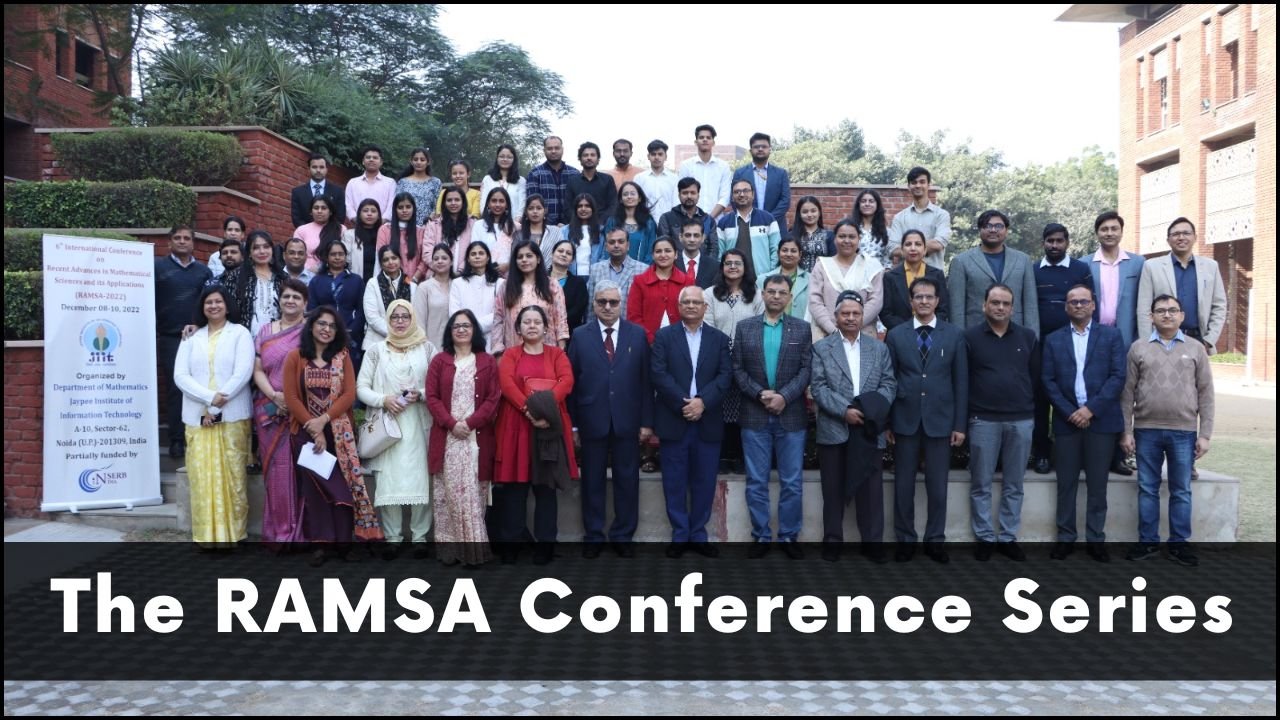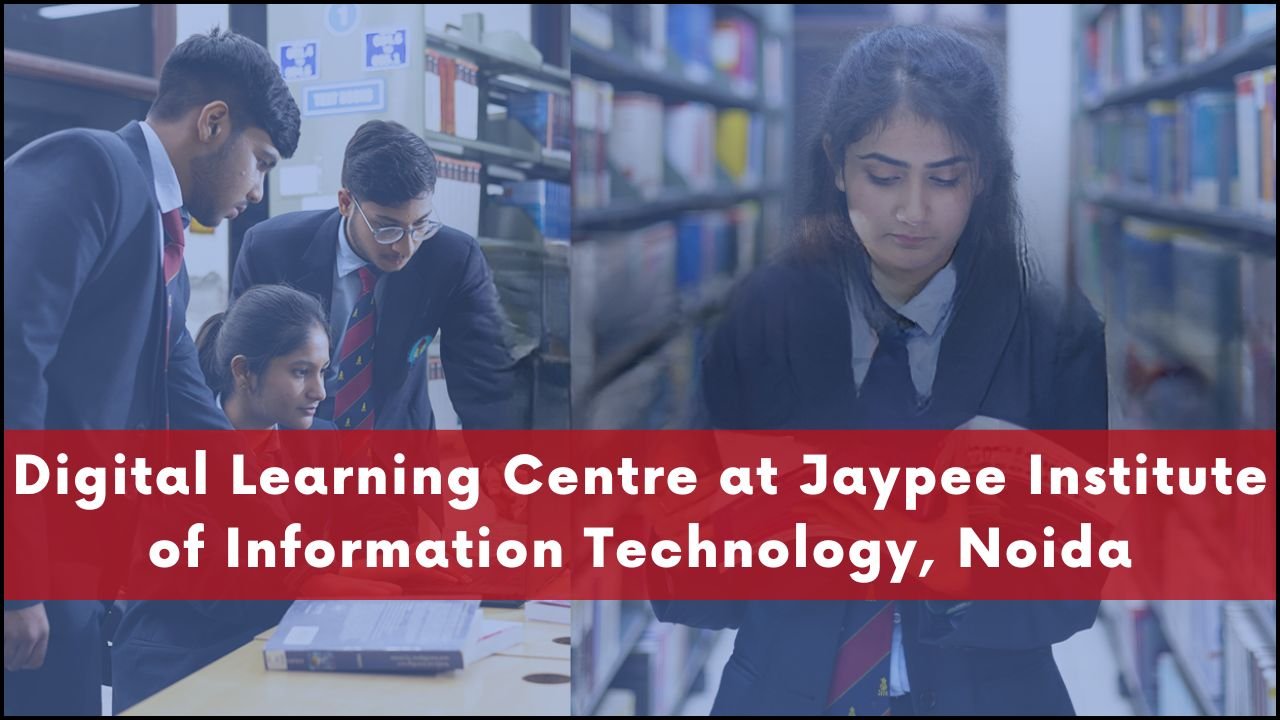
The Jaypee Institute of Information Technology (JIIT) takes pride in its comprehensive approach to engineering education. The Curriculum Objectives in Engineering at JIIT are carefully designed to cultivate graduates who aren’t just academically sound but are industry-ready professionals equipped with technical expertise and essential soft skills.
Table of Contents
Strong Technical Foundation
JIIT’s engineering curriculum prioritizes establishing a strong theoretical foundation in students’ chosen fields. This solid groundwork enables graduates to approach complex engineering challenges with confidence and expertise. The curriculum emphasizes developing problem-solving techniques that help students find efficient, cost-effective solutions using both classroom knowledge and self-acquired skills.
The engineering programs at JIIT focus on equipping students with design capabilities, allowing them to create systems, components, and processes that meet specific industry needs. By balancing theoretical concepts with practical applications, JIIT ensures students develop both depth and breadth in their technical understanding.
Practical Skills
What sets the Curriculum Objectives in Engineering at JIIT apart is its emphasis on practical application. Students are trained to implement theoretical knowledge in real-world settings, transforming concepts into tangible solutions. The curriculum incorporates hands-on training with modern engineering tools and technologies that are essential for contemporary engineering practice.
Students learn to identify problems and innovate solutions through project-based learning experiences. This approach helps them develop critical thinking skills and fosters creativity in addressing engineering challenges. The curriculum also encourages students to work independently with minimal supervision, developing their decision-making abilities.
Professional Skills
JIIT recognizes that technical knowledge alone isn’t sufficient for career success. The engineering curriculum incorporates elements that develop highly refined communication skills, both written and verbal. Students learn to prepare and present reports efficiently, a skill crucial in professional environments.
The curriculum objectives include fostering interpersonal abilities that enable graduates to function harmoniously in multi-disciplinary and multi-cultural teams. This collaborative approach prepares students for the global nature of today’s engineering workplace, where teamwork often transcends geographical and cultural boundaries.
Ethics and Global Awareness
Engineering solutions have far-reaching implications, and JIIT’s curriculum emphasizes understanding professional and ethical responsibilities. Students are taught to consider the global, societal, and environmental impact of their engineering decisions, developing a holistic perspective on their work.
The curriculum incorporates knowledge of contemporary social, economic, and technological issues, ensuring graduates are aware of the broader context in which engineering operates. This awareness helps students develop solutions that are not only technically sound but also socially responsible and environmentally sustainable.
Entrepreneurial Mindset
A distinctive feature of the Curriculum Objectives in Engineering at JIIT is its focus on developing entrepreneurial abilities. Students are encouraged to think like innovators and are provided with the knowledge and skills needed to start new ventures. The curriculum includes exposure to international management practices and intellectual property rights, preparing students for entrepreneurial endeavors.
Through various initiatives and programs, JIIT fosters an entrepreneurial mindset that enables graduates to identify opportunities and create innovative solutions. This approach not only prepares students for traditional engineering careers but also equips them to become job creators and industry leaders.
Interdisciplinary Approach
JIIT’s engineering curriculum extends beyond traditional boundaries, incorporating elements from the humanities, social sciences, and management. This interdisciplinary approach provides students with a well-rounded education that enhances their understanding of human behavior, social dynamics, and business principles.
The integration of courses from different disciplines helps students develop critical thinking and analytical capabilities. It also fosters an appreciation for diverse perspectives, preparing graduates to navigate complex real-world challenges that often require interdisciplinary solutions.
Lifelong Learning
In an era of rapid technological advancement, the ability to continuously learn and adapt is crucial. JIIT’s curriculum objectives emphasize developing a capacity for lifelong learning, ensuring graduates can stay abreast of developments in their specializations throughout their careers.
Students are encouraged to cultivate a mindset of continuous improvement and intellectual curiosity. This approach helps them remain relevant in an ever-evolving field and positions them for long-term career success in engineering and related domains.
Looking Ahead
The Curriculum Objectives in Engineering at JIIT represent a comprehensive approach to engineering education that balances technical expertise with professional skills, ethical awareness, and entrepreneurial thinking. By focusing on these diverse aspects, JIIT prepares engineers who are not just technically competent but are well-rounded professionals ready to make meaningful contributions to industry and society.
Through its thoughtfully designed curriculum, JIIT continues to shape engineers who are equipped to meet current industry demands while being adaptable enough to navigate future challenges. The institute’s commitment to excellence in engineering education ensures that its graduates stand out in the competitive professional landscape and drive innovation in their respective fields.





